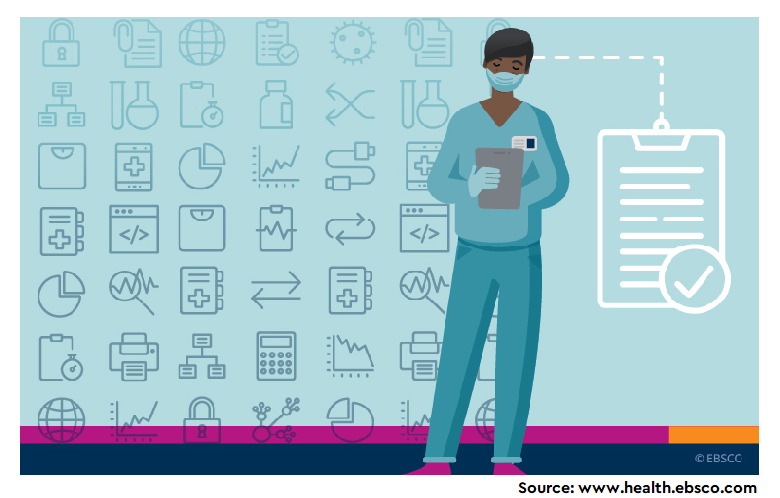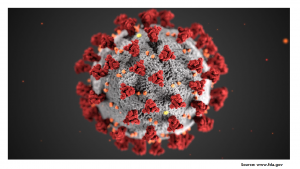Countries around the world have reported an increase in drug-resistant diseases over the past 20 years. This ramification is hampering human development and food security. The concept of climate change and antimicrobial resistance (AMR) is called “wicked policy challenges” by academics and policy actors because they arise from complex social and environmental problems and are unavoidable in nature. There needs to be a call for immediate group action, yet lacks simple planning solutions. In order to identify the types of interventions that may be successful, particularly in low-income countries where governments face considerable financial constraints, social research and anthropological studies have offered subsistent evidence.
Recognizing this, the researchers chose the Chikwawa district of Malawi which has a high infectious disease burden and less access to medical care with Substantial geographical inequalities. The study shows that Chikwawa residents require better treatment and access to antibiotics, rather than trying to prevent people from using antibiotics.
To know about frequently used antibiotics in that locality, health-seeking care medicine access among subsistence farmers in rural Chikwawa, and also how the antimicrobials and other medicines circulate in formal and informal settings in rural Chikwawa, please visit the journal of Global Public Health (link).







